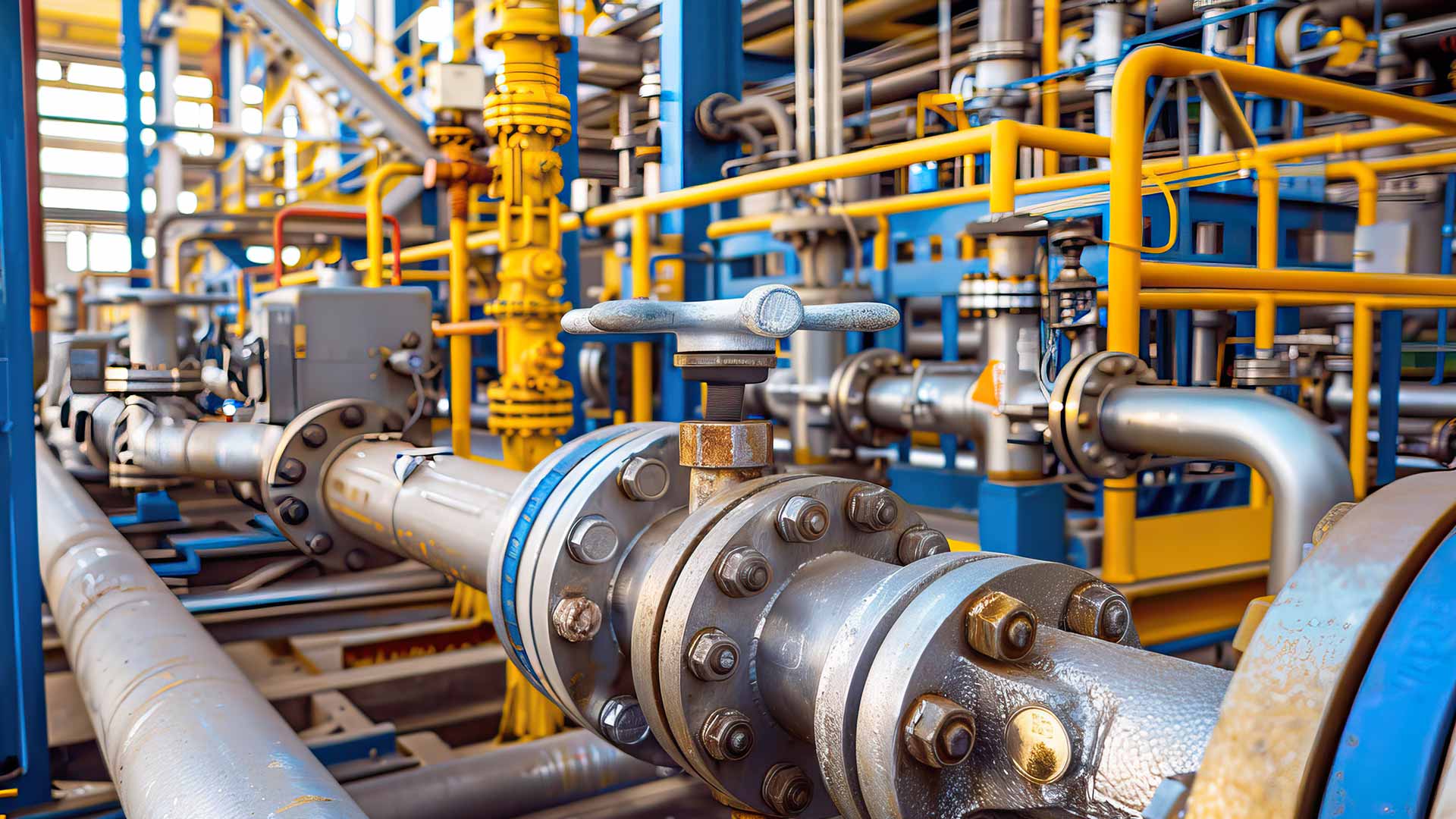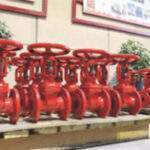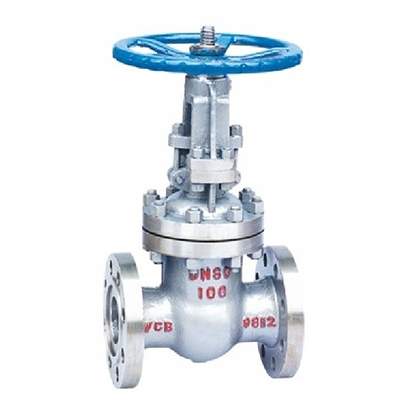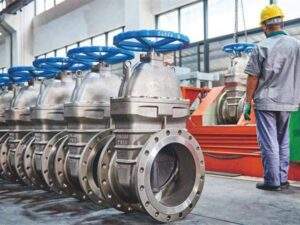Welcome to My Blog!
Before we dive into the content, if you’re interested in our products or have any questions, please feel free to visit our Contact Us page on the website. Our team is ready to assist you with inquiries, orders, or any support you may need.
Now, let’s get started on our journey together. I hope you find the content here insightful, engaging, and valuable.
What is a Copper Valve?
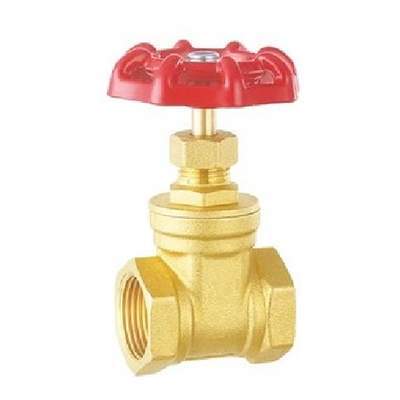
A copper valve is a plumbing component designed to control the flow of water or other fluids within a system. Constructed from high-quality copper, these valves are highly durable, corrosion-resistant, and compatible with both hot and cold water systems. Copper valves are widely used in residential, commercial, and industrial applications because of their long lifespan, reliability, and efficiency.
Copper valves are often favored over brass or plastic valves due to their superior resistance to wear and tear, ability to withstand high temperatures, and compatibility with drinking water. They help prevent contamination, maintain consistent water flow, and reduce the need for frequent maintenance.
Why Choose Copper Valves?
Copper valves provide numerous advantages for plumbing systems:
- Durability and Longevity: Copper valves are robust and can last 50 years or more when properly maintained, minimizing replacements and long-term costs.
- Corrosion Resistance: Unlike iron or steel, copper naturally resists rust and corrosion, which helps maintain water quality and ensures consistent operation.
- Thermal Performance: Copper valves handle high temperatures effectively, making them ideal for hot water heating systems, boilers, and industrial applications.
- Safe for Drinking Water: Copper is non-toxic and widely accepted for potable water applications, ensuring the water flowing through your system remains safe.
- Energy Efficiency: Copper’s excellent thermal conductivity can improve energy efficiency in water heating systems.
These benefits make valves a reliable and cost-effective choice for plumbing systems, whether in homes, commercial buildings, or industrial facilities.
Types of Copper Valves
Understanding the different types of copper valves is crucial for selecting the right one for your system. Here’s a detailed breakdown:
Gate Valves
Gate valves operate by lifting a barrier, or “gate,” to allow water to flow freely. They are ideal for applications where a full, unobstructed flow is required. Gate valves are not meant for frequent operation; instead, they are used primarily for on/off control.
Ball Valves
Ball valves use a rotating ball with a hole in the center to control water flow. They provide fast, precise shut-off and are commonly used in residential and commercial plumbing systems. Their compact design makes them easy to install, and they are less prone to leaks compared to some other types.
Globe Valves
Globe valves use a movable disk against a stationary seat to regulate flow. They are excellent for applications requiring precise flow control, such as in heating and cooling systems. While they may create slightly higher pressure drops, their accuracy makes them ideal for controlled systems.
Check Valves
Check valves allow water to flow in only one direction, preventing backflow that could cause system damage or contamination. They are crucial in water supply systems, pumps, and heating systems where reverse flow could create operational issues.
Angle Valves
Angle valves change the direction of flow, typically at 90 degrees. They are commonly used in tight spaces or as shut-off valves under sinks and appliances. Angle valves are compact, reliable, and suitable for both residential and commercial systems.
How to Select the Right Copper Valve
Selecting the correct copper valve ensures optimal performance and prevents costly issues:
- Flow Rate and Pressure: Make sure the valve can handle the system’s water pressure and flow requirements to avoid leaks or inefficiencies.
- Application Type: Consider whether the valve is for residential, commercial, or industrial use, as each has specific demands.
- Temperature Handling: Ensure the valve is rated for high-temperature applications if used in hot water or industrial heating systems.
- Size and Fittings: Correct sizing is crucial. Undersized valves can restrict flow, while oversized valves may cause unnecessary costs and installation challenges.
- Material Quality: Choose valves made from high-grade copper with certifications to ensure durability and compliance with local plumbing codes.
By carefully considering these factors, you can select a valve that meets your system’s specific requirements and ensures long-term reliability.
Installation Tips for Copper Valves
Proper installation is critical to maximize the lifespan of copper valves:
- Shut Off the Water Supply: Always turn off the main water supply before starting installation.
- Prepare the Pipes: Clean pipe ends thoroughly and remove any debris or old solder for a secure connection.
- Apply Flux and Solder Correctly: Use proper soldering techniques to create leak-free joints, and avoid overheating the valve to prevent damage.
- Test for Leaks: After installation, slowly turn on the water supply and inspect all joints for leaks. Adjust or re-solder as necessary.
- Follow Manufacturer Guidelines: Always adhere to the manufacturer’s installation instructions for best results.
Correct installation not only ensures smooth operation but also prolongs the valve’s lifespan.
Maintenance Tips for Copper Valves
Regular maintenance keeps copper valves functioning efficiently and reduces the risk of failures:
- Regular Inspections: Check valves periodically for corrosion, leaks, or discoloration.
- Cleaning: Remove mineral deposits and sediment buildup to maintain proper flow.
- Lubrication: Apply suitable lubricants to moving parts if recommended by the manufacturer.
- Replace Worn Components: Seals, washers, and gaskets should be replaced when showing signs of wear to prevent leaks.
- Avoid Excessive Pressure: Ensure system pressure remains within the valve’s rated capacity to avoid damage.
Routine maintenance can extend the life of copper valves for decades, ensuring reliable operation.
Common Problems and How to Avoid Them
Even high-quality copper valves can encounter issues if not properly managed:
- Leaks: Usually caused by improper installation or worn seals; preventable with careful installation and inspection.
- Mineral Buildup: Hard water can cause scaling inside the valve, reducing flow. Regular cleaning prevents blockages.
- Reduced Flow: Partially closed or obstructed valves can restrict water flow; check and adjust valves as needed.
- Corrosion at Joints: While copper resists corrosion, soldered joints may be vulnerable; inspect periodically.
Addressing problems early can save time, money, and prevent more serious plumbing issues.
Where to Buy Quality Copper Valves
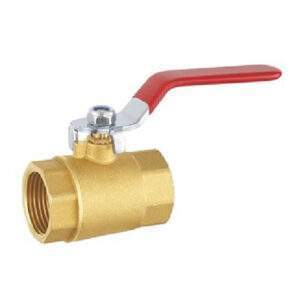
Purchasing from trusted suppliers ensures you receive durable and certified copper valves:
- Online Suppliers: Many reputable websites offer product specifications, customer reviews, and quick shipping.
- Local Plumbing Stores: Buying locally allows for hands-on inspection and expert advice.
- Certified Brands: Look for valves with industry certifications to ensure compliance with plumbing codes and safety standards.
Reliable valves reduce the risk of system failure and ensure smooth operation for years to come.
FAQ
What is the most common type of copper valve?
Ball valves and gate valves are the most widely used due to their reliability and ease of operation.
Can copper valves handle hot water?
Yes, copper valves are highly heat-resistant, making them suitable for both hot and cold water systems.
How long do copper valves last?
Properly installed and maintained copper valves can last 50 years or more.
Are copper valves better than brass or plastic valves?
Copper valves offer superior durability, corrosion resistance, and compatibility with drinking water compared to brass or plastic.
How do I choose the right copper valve for my system?
Consider factors like flow rate, pressure, application type, temperature, and size when selecting a copper valve.
Need Help Choosing the Right Copper Valve?
If you’re unsure about which copper valve is best for your plumbing system, our experts are here to help. Contact us today for a personalized consultation, and ensure your system runs efficiently and safely. Don’t wait until problems arise—get in touch now to secure reliable water flow and long-lasting performance for your property!

